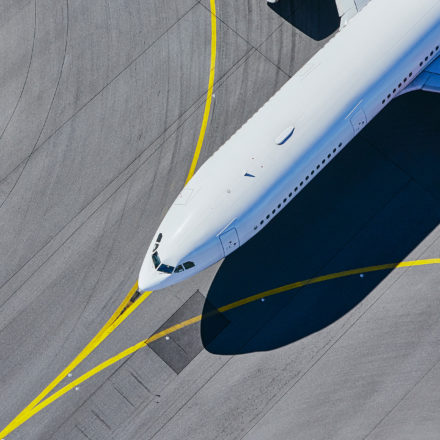Scott Gardiner and Tiffany Kwong take to the road in a look at hydrogen cars, trucks and buses. Accessible hydrogen refuelling stations are on the way in the EU, and Germany is powering ahead with technology for trucks. Finally, Scott and Tiffany should soon get a chance to ride a hydrogen bus, when services start in Hong Kong. Read on!
Have you ever thought about owning a Lightning McHydrogen? In other (less dramatic) words, a hydrogen car? The pros include virtually silent acceleration, short refuelling time (a few minutes) and – when fuelled by green hydrogen – zero local emissions. In hydrogen-powered vehicles, a fuel cell converts hydrogen into electricity.
Besides limited options and availability, another hurdle exists: the lack of refuelling facilities.
In this post, we look at policy changes in the EU that are set to address this. Sticking with transport on wheels, we also look at the latest in hydrogen-powered trucks and buses.
Refuelling stations on the EU agenda – the power of policy
If you’re in the EU, the lack of hydrogen refuelling station is set to change. With the Alternative Fuels Infrastructure Regulation, the EU is mandating a publicly accessible hydrogen refuelling station in all urban nodes and every 200km along the planned Trans-European Transport Network (TEN-T) by 2030. The refuelling stations by design must serve both light-duty and heavy-duty vehicles (cars and lorries!). The aim is to ensure a dense network for hydrogen-powered vehicles to travel throughout the EU.
The number of hydrogen-powered cars on roads today is relatively low. More than 56,000 hydrogen-powered passenger vehicles were sold worldwide in the 2022 calendar year, according to a study by a US market research firm. By contrast, electric cars passed the 10 million mark for sales in 2022 – accounting for 1 in 7 cars sold globally. BMW, Toyota Motor and Hyundai are the major players in the hydrogen-powered passenger vehicles segment. The BMW iX5 is on the road for its pilot fleet but not for sale yet (the latest model is almost never for sale).
We will follow with interest to see if the EU refuelling station rules increase the number of hydrogen-powered vehicles. Already, Toyota Motor has announced it will focus on selling hydrogen vehicles in Europe and China. In general, the potential for hydrogen-powered commercial vehicles (especially for long-haul) is more favoured than hydrogen-powered passenger vehicles. For example, Volkswagen ruled out hydrogen-powered passenger cars, and hydrogen refuelling stations are closing down in the UK with a shifting focus on powering heavy-duty hydrogen vehicles. This is in line with the UK Hydrogen Strategy identifying the potential of hydrogen in heavy transport.
Hydrogen truck technology improves
Turning to technology, innovation in the fuel cell space could also increase the use of hydrogen-powered vehicles. German auto supplier Bosch has begun volume production of fuel-cell power modules for hydrogen trucks, and plans to invest around 2.5 billion euros in hydrogen fuel cell technology from 2021 to 2026. As hydrogen fuel cell technology matures, hydrogen-powered vehicles may likely be cheaper in the future.
Hop on the hydrogen bus – in Hong Kong
Finally, we’re back on the hydrogen bus. In Hong Kong, the first hydrogen buses are expected to begin service in late 2023. Send us a photo if you spot one! Also, we have previously written about whether Hong Kong’s regulatory framework is ready for hydrogen-powered vehicles – check it out.
Stay tuned for the next part of this series. Meanwhile, visit Scott’s LinkedIn page and share your favourite hydrogen fun fact. For more, see his previous posts in the series:
- Whale of a shipment: the hope of the world’s first liquified hydrogen carrier
- Australia’s place in the hydrogen race
- Making crypto clean with hydrogen
- Challenge unsolved – hydrogen storage
- Saving money in hydrogen delivery
- South Korea’s ambitious hydrogen development
- IRENA’s treasure trove of green hydrogen fun facts
You can also read more insights from our experts worldwide on KWM’s Hydrogen page.









